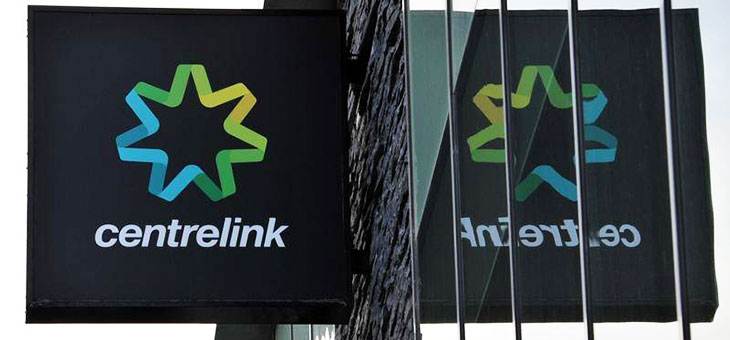The government claims it does not owe welfare recipients a duty of care over the robo-debt scandal, and denies any recipients caught up in the illegal scheme were placed under duress.
The Coalition admits that some debts were based on false assumptions, and that debts issued using tax office income summaries could “not be validly established” under the law. It is refusing to release to a Senate inquiry the legal advice it received about the legality of the scheme.
Confidential emails between tax office officials were provided to a Senate committee earlier this month. They revealed the Department of Social Services had received legal advice that thousands of debts raised were “not lawful debts” and that Coalition knew its robo-debt scheme was unenforceable up to three years before it said it would abandon the practice.
However, documents obtained by Guardian Australia, reveal that the government says it “should not be required to pay compensation because social security law makes no mention of a need to exercise ‘due or reasonable care’.”
The federal court has already ruled the scheme unlawful. The government has admitted it potentially issued thousands of invalid debts where Centrelink sought repayments from people based solely on income averaging – or the agency’s estimate of a person’s employment earnings.
The government has already admitted that, in some cases, income averaging was not “the same as their actual fortnightly income, and was not necessarily referable to or indicative of their actual income in any fortnight”, and that the “fortnightly income assumption” relied on by Centrelink “was false”.
More than 600,000 debts were issued under the robo-debt scheme. A review is under way to find out how many of these debts were raised after the government said it would abandon the practice.
Still, the Commonwealth claims that, under social security law, it holds no duty of care and that its methods of debt recovery “do not amount to duress”.
This is despite data released by the Department of Human Services (DHS) that shows more than 2030 people have died after receiving a Centrelink debt notice However, DHS does not collect data on cause of death, so it was unable to say how many of those people died as a result of self-harm.
“Any suggestion that the Department of Human Services’ debt recovery efforts have contributed to customer deaths is simply not supported by the facts or statistics,” said a DHS spokesperson.
“The department sent more than 900,000 debt letters to individuals during the period 1 July 2016 to 31 October 2018. A total of 2030 of those individuals died during the same period, which represents 0.21 per cent.
“Any number of factors in an individual’s life could have contributed to their death … and it would be foolhardy to draw a link to one particular cause without evidence to support such a claim.”
Gordon Legal, the legal team in charge of the current class action against Centrelink, is seeking compensation, potentially with interest, for the distress and inconvenience caused to alleged victims from unlawful debts issued without evidence.
People affected by the robo-debt program were “vulnerable to any unlawful or unreasonable exercise”, and had “insufficient resources, knowledge or capacity to question, challenge or demonstrate the falsity of the valid debt beliefs”, says the law firm
The government recovered money from debt recipients under “duress” and should have foreseen that issuing and enforcing debts would “cause significant concern, stress, anxiety and stigma” and could cause “financial hardship”, the statement of claim says.
Do you think the government owes welfare recipients a duty of care? Should it be accountable for the duress these unlawful debt notices may have caused?
If you enjoy our content, don’t keep it to yourself. Share our free eNews with your friends and encourage them to sign up.
Related articles:
Robo-debts should be reversed
Lifting the lid on robo-debt
How to handle a robo-debt

